Marriages in India revolve largely around women’s ability to care for and tend to the in-laws. All that matters is whether she can cook well, feed the entire family, work all day long without complaining, and be docile just enough to yield to the patriarchal mindset and misogynistic society.

The family to be taken care of and spoon-fed all ahead of life is not her immediate family. That is to say, not just her husband and children. It comprises all in-laws. But when it comes to her parents and siblings, she is expected to cut all ties and ‘focus’ on the ‘new family’.
Battle Of Parents
The husband’s parents, siblings, any and every unwed aunt come under the radar. The wife is to take extra care of the in-laws for a ‘happy and prosperous married life’ while the husband, generally speaking, remains unbothered about his in-laws.
Now the question arises as to what, why, and how do we expect an awful lot from women? Is this not inequality personified? Are women not shackled and bound by superfluous expectations disguised as the benefit of everyone but the woman concerned?
Conditioning 101
Starting from her own family, a woman is taught, again and again, to ‘adjust’ and ‘understand’ and of course ‘compromise’. These words mean not what their literal sense stands for, but whatever is profitable to the society and its frivolous demands from women.
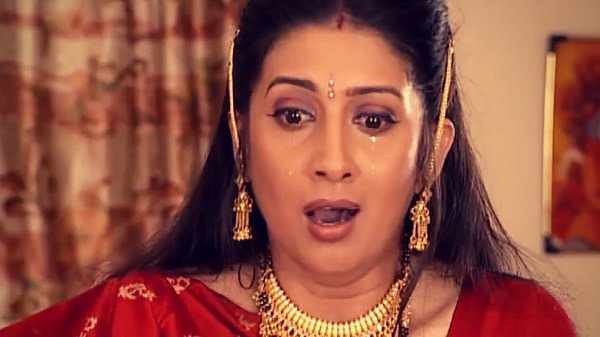
If she wants to care for and live with the in-laws (whether conditioned to believe it the best or genuinely interested), well and good unless the in-laws turn out to be toxic. But what if she is against being tied down by the shallowness of ‘a family that stays together’?
Bahu Vs Suppression
What if she is not ready to be suppressed by the demands to fulfill her ‘prime duties’ and cater to the whims and fancies of the in-laws?
Simple! She gets the title of being selfish, a family breaker, self-centered, and her family gets dragged. It’s not to say the situation gets dirty in no time with the blame game, and the fault, more often than not, is found in the woman.
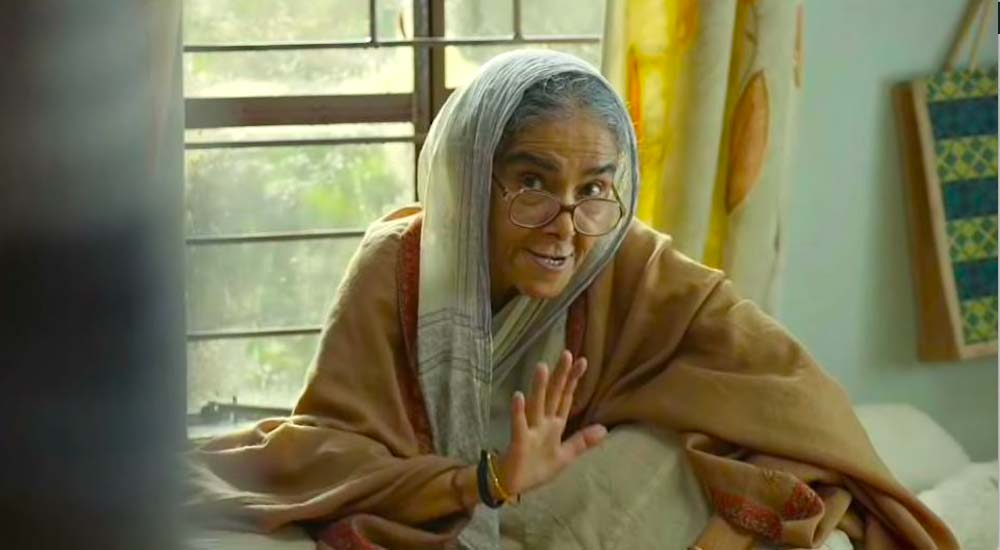
Read More: Tulsi Vs Parvati: Who Was The Better Bahu? Our Bloggers Fight It Out!
Overflowing Expectations
‘She should’ve been a little more adjusting’, ‘Everyone compromises’, ‘It’s not such a big deal’, and the in-law’s favorite, ‘how will she handle her children if she cannot even understand what family means?’.
Even her character gets poked and prodded at.
The caregiving role is presumed to be of a woman. From a mother to a daughter-in-law to a sister-in-law, roles vary, but duties remain essentially the same.
But thanks to modernity, women have stopped accepting generations of oppression and weighty patriarchal notions. Men too, have started speaking up.
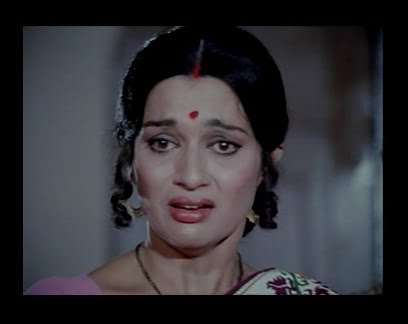
And thus, if an Indian bahu speaks up about wanting to live separately from the in-laws, there is no need to make a fuss about it. Instead, the in-laws should try to understand things from her perspective.
Daughters Vs Bahus
We raise our daughters liberally, want them to be independent, and teach them self-sufficiency. But the question remains. Are we as willing to let our bahus be themselves and accept, acknowledge and understand them?
Replace the word ‘daughters’ in the above line with ‘bahus’ and you’ll see a starking contrast. You will see a radical change in perspective.
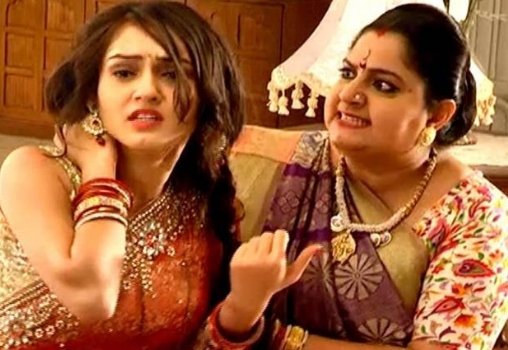
Times are gone when women were married off out of financial dependency or because they required someone to take care of them after their parents passed away.
What Bahus Want
Modern women are financially independent, perhaps more than their counterparts. This becomes more of an issue thanks to toxic masculinity and insecure in-laws. But it’s a topic for another time.
Indian bahus do not seek solace and security from their husbands, rather their goal is to secure good companionship and love. Understanding remains an unsaid term.

I’m not advocating against the concept of a joint family. All I’m saying is that times, when women took care of the in-laws while men procured bread, are long gone. And since women have a substantial role in taking care of the family’s finances, men need to step up and help with household tasks.
Homemaker, Not Breaker
That being said, even if women choose to be homemakers, the in-laws need to be appreciative of their contribution towards a loving, caring, and understanding family. Women nowadays want to be treated equally and rightly so.
Old values are great lest they turn out to be deterrents for life ahead. Shackles need not be kept around. All can ‘adjust’ instead of just the bahus.
Pleasing parents and living with them should be sought. It’s understandable. But not at the cost of anyone’s well-being. Understanding needs to come from both sides.
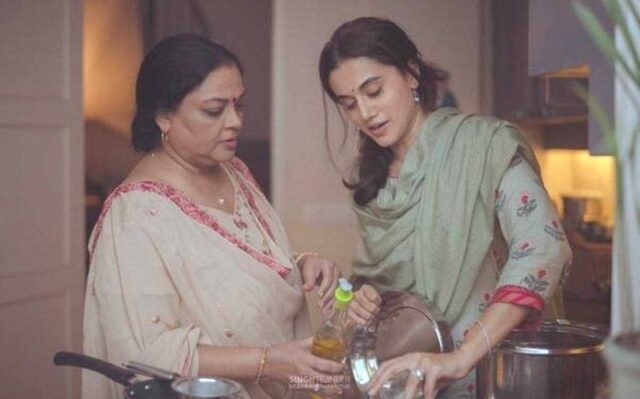
As for men who behave differently around their parents, the sooner it changes, the better. Being neutral, not taking sides, understanding both perspectives, and respecting women as much as they deserve will ultimately lead to happier family life.
We have many examples of supportive in-laws and an understanding environment where nothing but love and respect flourishes, but the number of opposite cases is much more than comprehensible.
This is exactly why liberal daughters need to be raised as liberal bahus when they are married off. Only when we make no apparent distinction between both will we have ‘a loving family that stays together’ in its entirety.
Lest the in-laws want their children’s marriages to turn sour, families break to pieces, all because of their preconceived notions and patriarchal, misogynistic mindsets.
Adjustments and compromises are inevitable. But not at the cost of any member’s well-being. Never at the cost of any member’s well-being.
Image Source: Google Images
Sources: Instagram, She The People, Women’s Web
Find The Blogger: @evidenceofmine
This post is tagged under: bahus, India, Indian bahus, DIL, daughter in law, in-laws, mother in law, father in law, husband, couple, marriage, Indian marriage, marry, wedding, separate house, separate life, lifestyle, living, livelihood, cook, caretaker, patriarchy, misogyny, society, child, children, kids, nuclear family, joint family, siblings, unwed, women, ladies, girls, single, relationship, inequality, empowerment, expectations, conditioning, adjust, understand, compromise, demands, toxic, oppression, suppression, selfish, family breaker, self-centered, blame, character assassination, duties, responsibilities, modernity, perspective, liberal, independent, self-sufficient, radical change, financial dependency, financially independent, toxic masculinity, insecure, solace, security, good companionship, love, understanding, household tasks, old values, parents, well-being, happy, successful, liberal daughters, liberal bahus, preconceived notions, patriarchal, misogynistic, mindsets
Other Recommendations:
ED Forecasts: Role Reversal in Indian Marriages: Stay At Home Dads
































